BOOSTER SCIENCE
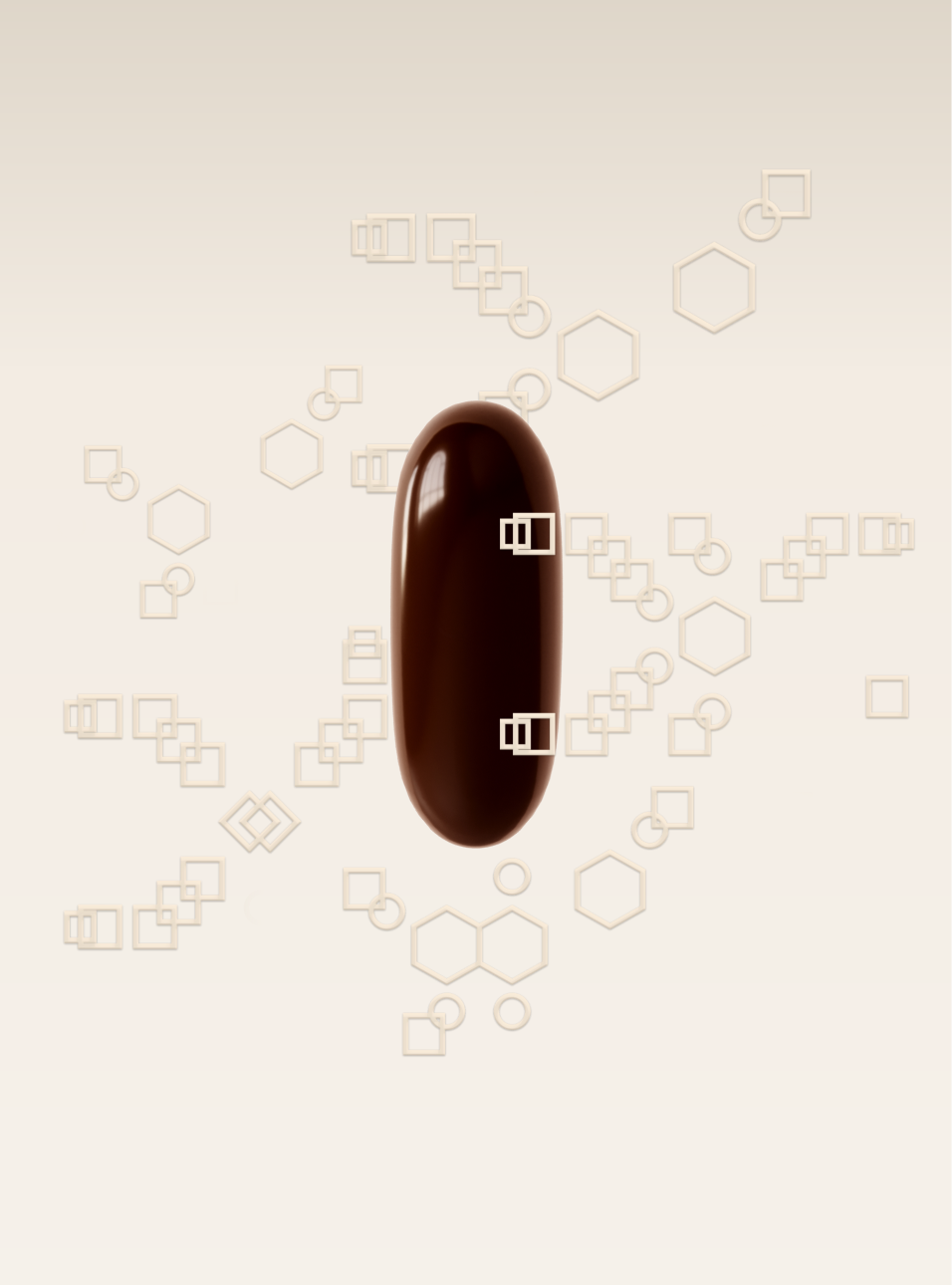
Boosting NAD+ levels in your body is critical to healthy ageing.
There are many ways to boost and maintain NAD+ levels in your body. NAD+ precursors, like NMN, increase NAD+ levels and counter the signs of ageing. Alternatively, there are molecules available that play a crucial role in replenishing and sustaining our body’s NAD+ levels. We created the Booster, a powerful combination of carefully selected ingredients, to target the various mechanisms of ageing at the cellular level. The Booster works in synergy with NMN to support optimal NAD+ production and maintenance within your body.
Our Booster is specially formulated with olive oil for optimal bioavailability. The oil provides a fatty source that promotes better absorption and greater potency in our body. This means that our Booster can also be taken without food.
Here's an overview of the 5 leading ingredients that help increase NAD+ levels:

Resveratrol is an antioxidant and NAD+ booster.
Red grapes, berries, and peanuts all contain resveratrol, a polyphenol produced by plants as a natural defence mechanism against environmental stress. In recent years, resveratrol has gained attention as an effective antioxidant (a substance that prevents cell damage). Research shows that resveratrol has complementary functions on cellular and systemic levels that may lead to a number of health benefits.
At the cellular level, resveratrol increases NAD+ by increasing the activity of the NAD+ synthesising enzyme nicotinamide mononucleotide adenylyltransferase (NMNAT1). Resveratrol can also activate SIRT1, a gene that supports DNA repair and helps maintain our genome during ageing. Moreover, resveratrol works in synergy with NAD+. NAD+ acts as fuel for all seven sirtuins, while resveratrol works like an accelerator pedal for sirtuins to further optimise DNA repair.

Pterostilbene as a promotor of healthy ageing.
Pterostilbene is a dietary compound found naturally in some plants, fruits, and nuts, including blueberries, almonds, and grape leaves. It's also present in grapes, but, unlike its cousin Resveratrol, it doesn't survive the wine-making process.
It serves as a powerful antioxidant when ingested. Recent studies suggest numerous additional benefits, like boosting cognitive function, promoting healthy cells in the brain, reducing blood sugar, lowering blood pressure, reducing inflammation, and protecting the liver, heart, and eyes.
Pterostilbene also stimulates the SIRT1 gene, similarly to resveratrol, and, combined with NAD+, acts as a powerful combination against the signs of ageing.
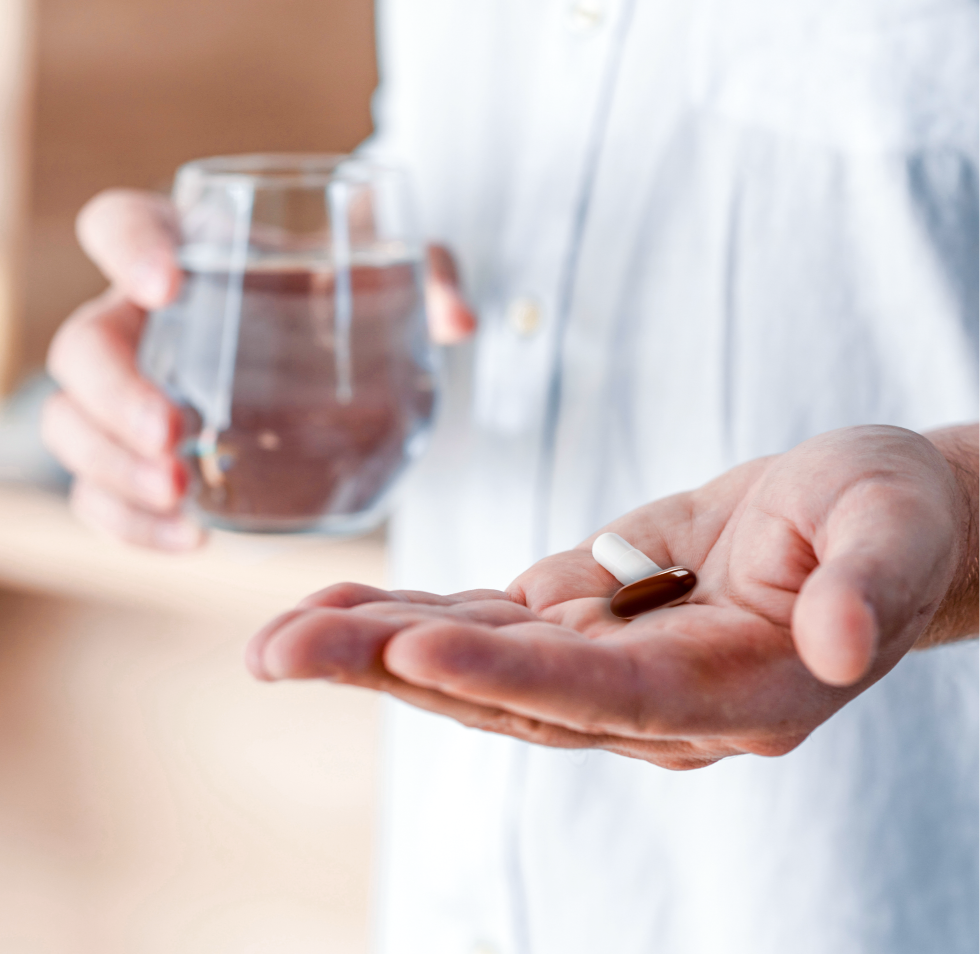
CoQ10 is vital for cell energy and longevity.
Coenzyme Q10 (CoQ10) is a nutrient that occurs naturally in the body. It is similar to a vitamin in its biological functions, although it is not technically classified as a vitamin. CoQ10 serves as a powerful antioxidant, meaning it both protects cells from damage and promotes cellular energy.
Considerable research on CoQ10 has revealed the nutrient’s wide range of health benefits. Researchers have shown that animals enjoy a dramatic extension of their lifespans when supplemented with CoQ10, suggesting significant longevity benefits for humans.
Unfortunately, our body’s natural concentrations decline due to ageing, fatigue, strenuous exercise, smoking, illness, and some medications. Thanks to scientific innovation, you can restore your levels of CoQ10 by taking dietary supplements, including our Booster.
CoQ10 is also an ideal companion to our NMN product since Ubiquinol works in synergy with NAD+ to support energy-production capacities and mitochondrial health at the cellular level. Your body doesn't store CoQ10, so to see continued benefits, you should aim to maintain a consistent supplement routine.
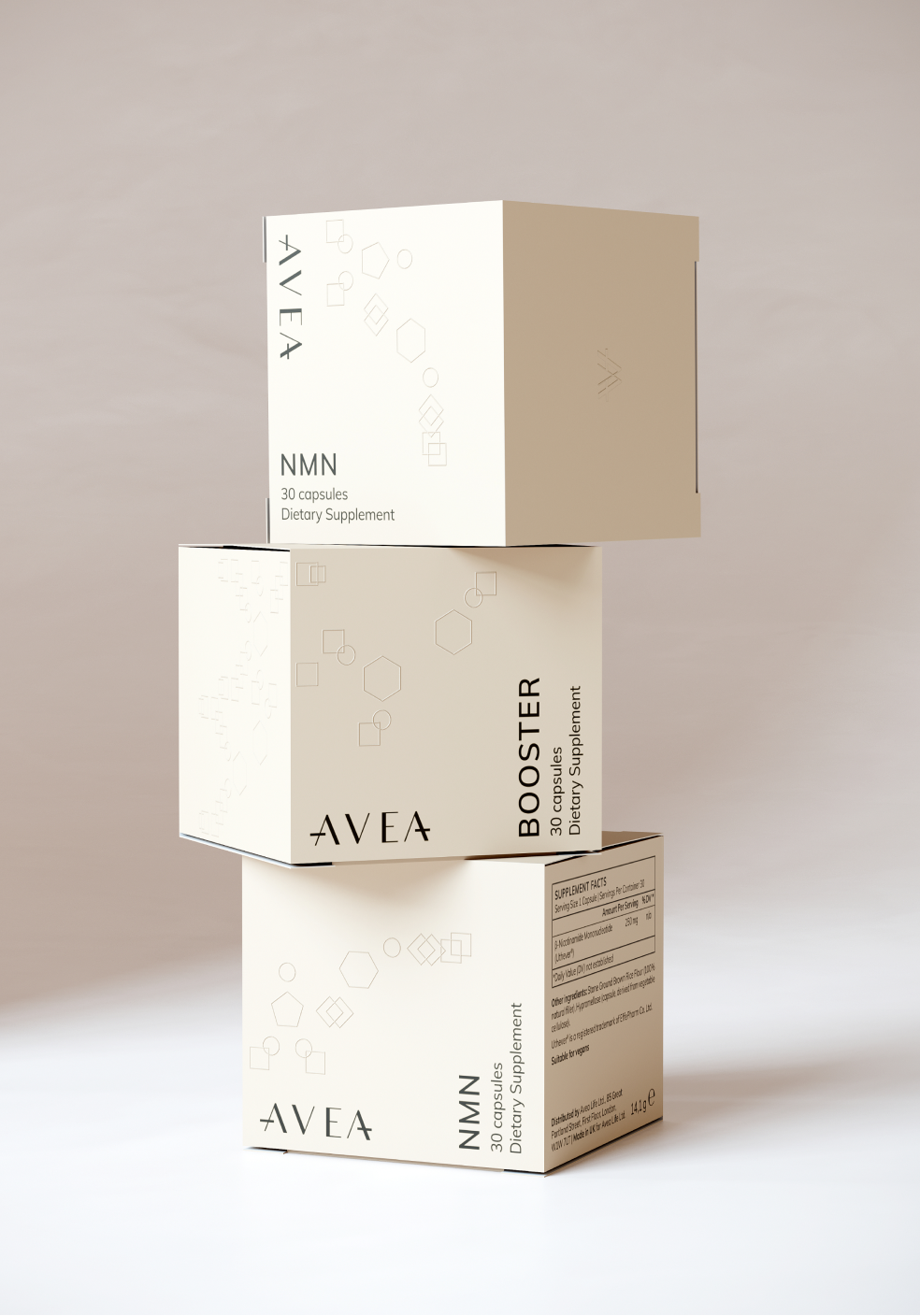
Apigenin inhibits the ageing-related decline of NAD+.
Apigenin is a natural flavonoid compound found in vegetables (parsley, celery), fruits (oranges), and herbs such as chamomile, thyme, oregano, and basil, that protects plants against environmental stress. Apigenin has also shown promising health benefits for humans, especially when it comes to healthy ageing.
Scientists have shown that apigenin inhibits CD38, one of the main NAD+ degrading enzymes in human tissues. Most notably, CD38 degrades NAD+ in the liver, brain, heart, and kidney.
During ageing, CD38 levels increase in several tissues, which leads to age-related NAD+ decline. Moreover, the rise in CD38 levels during ageing correlates with the development of mitochondrial dysfunction. Apigenin inhibits CD38 and increases intracellular NAD+ levels, improving the overall healthy functioning of yourthe body at the cellular level.
Apigenin complements our NMN product perfectly since NMN acts as a building block of NAD+, while apigenin helps maintain your NAD+ storage. When the two are taken together, they become a powerful healthy ageing duo, replenishing and maintaining your NAD+ levels.
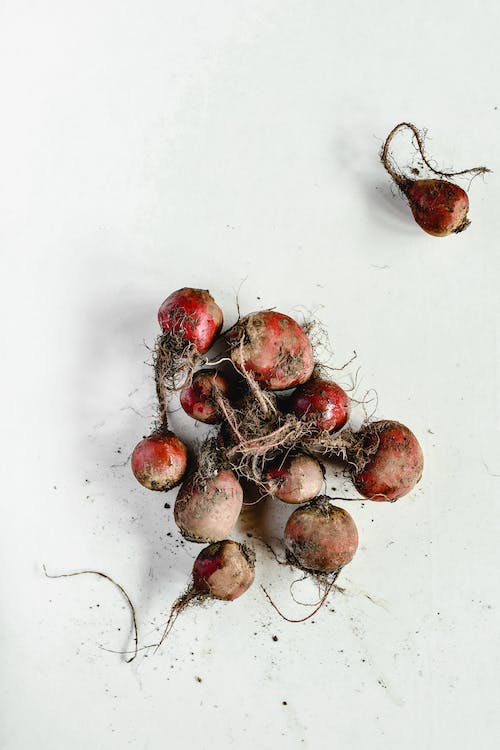
Betaine supports homeostasis during NAD+ production.
Betaine is a derivative of the amino acid glycine, which occurs naturally in the body and has vitamin-like effects and properties. Betaine is also commonly known as trimethylglycine or TMG and is found in a number of food sources. Its name is derived from the food in which it was initially discovered – beets.
Betaine is rich in methyl groups and serves as a "methyl donor", distributing methyl groups around the body. A methyl group is a special kind of hydrogen and carbon molecule that induces a process called methylation. Methylation is a critical component of many of our essential biological processes, including protein function, RNA processing, and gene regulation.
We included betaine in our Booster to support your body’s natural NAD+ production and to complement the activity of our NMN supplement. NAD+ is consumed and broken down into nicotinamide (NAM) and converted into methylnicotinamide (MeNAM), a molecule known for its anti-inflammatory effects, in the energy production cycle. Therefore, supplementation of NMN (or other NAD+ precursors) produces a high amount of methylnicotinamide.
The methyl group for this reaction comes from a methyl donor molecule in our body, resulting in stress on ourthe body's internal methyl pool. Since betaine is an excellent methyl donor with its three methyl groups, it is an ideal candidate for supplementation while taking NAD+ precursors to enhance ourthe body's internal methylation pool.
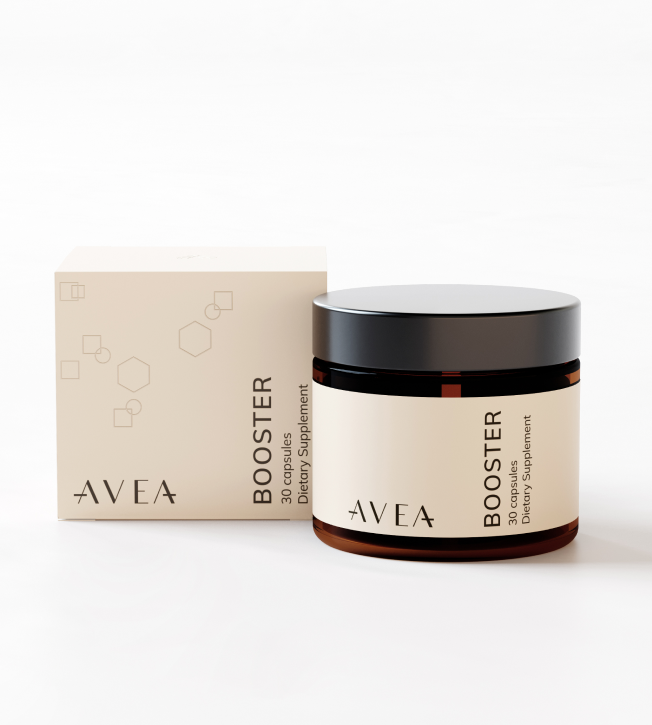
Maintain energy, preserve vitality, and embrace longevity.
Our Booster contains the ideal combination of high-quality ingredients to support your longevity routine. Use it on its own or in combination with NMN for optimal results.
SCIENTIFIC EVIDENCE
Revolutionising cellular health
| Benefits | References |
|---|---|
| Increased NAD+ Levels |
Grant et al., 2022 Ogura et al., 2020 Escande et al., 2013 |
| Reduces oxidative stress |
Yu et al., 2018 Zhou et al., 2018 Xu et al., 2012 Zhang et al., 2009 |
| Improves cognitive function |
Zhu et al., 2022 Buglio et al., 2022 Evans et al., 2017 Wong et al., 2016 Joseph et al., 2008 |
| Enhances cellular rejuvenation |
Cholewa et al., 2022 Luo et al., 2018 Lee, 2015 |
| Supports cardiovascular health |
Banez et al., 2022 Ashtary-Larky et al., 2021 Yan et al., 2021 Raederstorff et al., 2013 |

